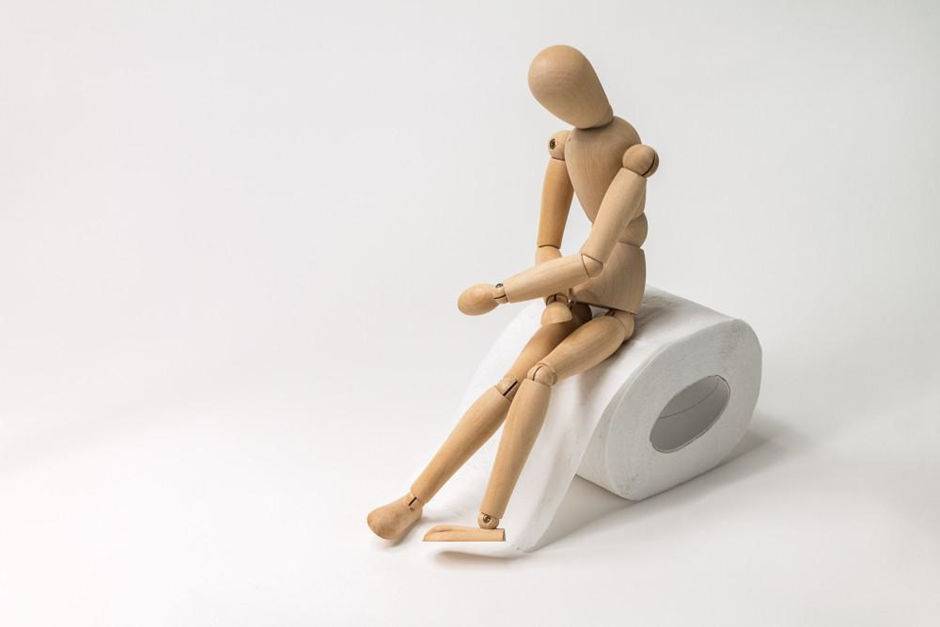
IBS Myths Busted by a Gastroenterologist
Irritable bowel syndrome (IBS) is characterized by abdominal pain, gas, and bloating, constipation, chronic or recurrent diarrhea, or a combination of these symptoms. It can affect anybody, including children, but it is more common among women.
IBS can significantly impact your life, interfering with your social and professional activities. The stress, discomfort, and unpredictability of it can also affect your mental health.
If you have had IBS for a time, know someone who has it, or have recently been diagnosed, you are definitely aware that it is an illness buried in myths and misunderstandings.
Dr. Samrat Jankar, an experienced gastroenterologist in Pune, assists patients suffering from this ailment, understanding their situation, and managing their symptoms.
He is the HOD of Minimally Invasive Surgery and Surgical Gastroenterology at Symbiosis University Hospital and Research Centre, Lavale, Pune.
Further, Dr. Samrat Jankar wants you to be aware of some common IBS myths and learn the truth about your condition.
Myths vs Facts
1. Our lives are becoming increasingly hectic, and many of us are more stressed than we realize. Is stress the cause of IBS?
IBS has a variety of causes. Stress may be a key factor for some people, but not for everyone. Many of our internal functions, including the digestive system, shut down when we are in a very stressful scenario.
Persistent underlying stress impairs the digestive process, leading to symptoms such as indigestion.
2. When you have IBS, it's easy to feel alone and believe that you're one of the few people who suffer from it. Is IBS a prevalent ailment?
IBS affects about 17% of the population worldwide. That means 17 out of every 100 people suffer from IBS.
3. Symptoms can vary greatly from person to person, yet a few minor changes are needed to cure it. Is there a one-size-fits-all solution for IBS?
“Certainly not,” says Dr. Samrat Jankar, an expert gastric doctor in Pune. “Some of my patients have seen significant improvements by eliminating items like dairy and gluten, while others have to completely change their diet and exclude high FODMAP foods.
4. Is IBS a problem that only women have?
Women have IBS at a higher rate than males, accounting for roughly 23% of the population. However, it has been discovered that men are less likely than women to seek treatment.
As a result, the lower number of reported cases may contribute to the larger number of women diagnosed.
5. Eliminating entire food groups or adhering to a very rigid diet are sometimes recommended as techniques to help control IBS. Is diet the only method to get rid of IBS?

6. Should you avoid buckwheat if you have IBS?
Buckwheat, rather than being wheat, is a fruit seed grain. It is classified as low FODMAP and can be consumed in small amounts. It is also gluten-free.
7. People assume that too much salt in your diet can cause bloating and water retention. Is too much salt the cause for IBS symptoms?
8. Is IBS solely a psychological condition?
IBS being a mentally generated ailment is a misconception that needs to be refuted as soon as possible. People who suffer from this ailment know how difficult the symptoms may be.
Dr. Samrat Jankar, a competent surgical gastroenterologist in Pune, explains that IBS is a general problem with the digestive system. Inadequate secretion of digestive enzymes, fewer stomach acids, a bacterial imbalance in the gut, or slow motility are just a few of the possible causes.
9. Is there no cure for IBS?
Dr. Samrat Jankar treats IBS with counseling, lifestyle and dietary changes, and medication. “For most patients, treating minor or infrequent symptoms with over-the-counter medication is effective,” he explains.
“However, if problems persist, it is crucial to contact your doctor because overuse of over-the-counter drugs can potentially worsen gastrointestinal symptoms.”
10. Is IBS an autoimmune disease?
IBS is not an autoimmune disease like inflammatory bowel disease (IBD), and it is not a risk factor for colon cancer.
Outlook
There is no single treatment strategy for IBS. Everyone’s symptoms will be different. Hence, the same treatment cannot be given to everyone. To acquire a proper diagnosis and treatment plan for your irritable bowel syndrome, you need to see a doctor.
Furthermore, IBS can lead to other issues such as malnutrition, pregnancy complications, hemorrhoids, and even depression if you don’t seek medical help.
That’s why you should consult Dr. Samrat Jankar. Being one of the leading gastroenterologists in Pune, he is an expert in digestive health. He specializes in treating ulcers, acid reflux, IBS, Crohn’s disease, IBD, ulcerative colitis, fistula, and colon cancer.
